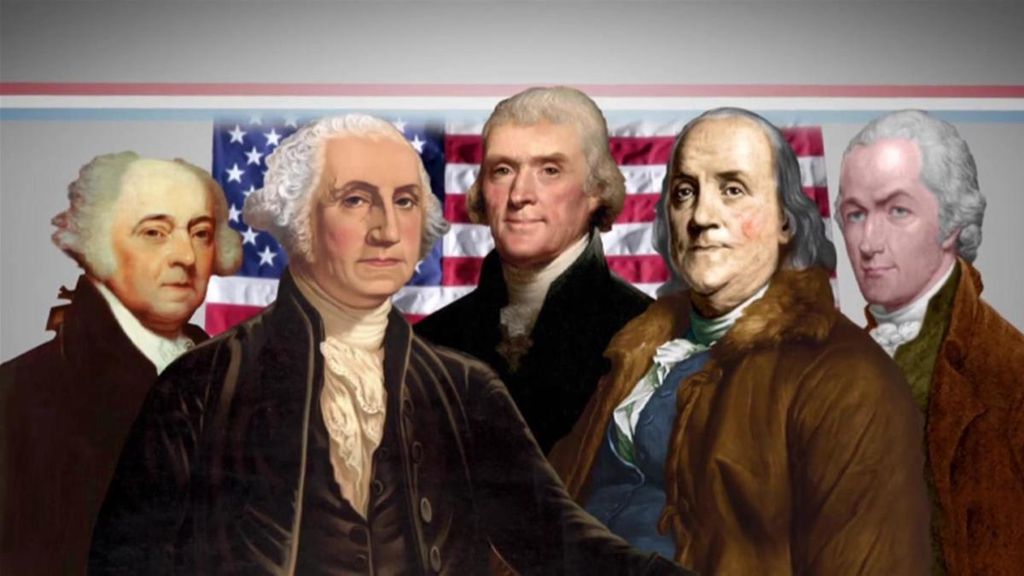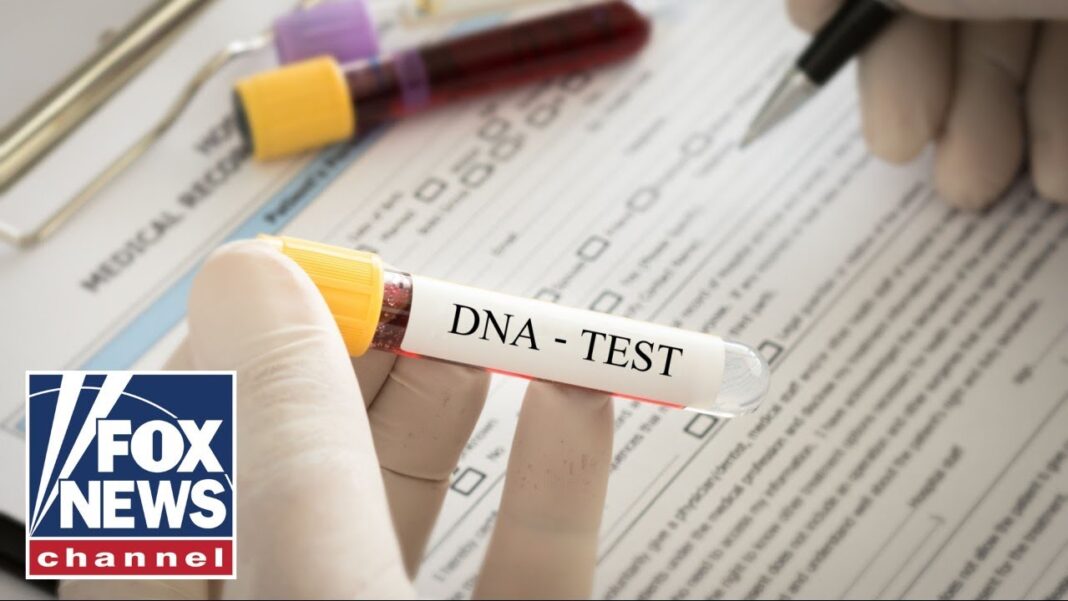The Founding Fathers vested exclusively within the legislatures of the respective states the power—and solemn duty—to decide the manner in which its presidential electors are chosen (U.S. Const. Article II, Sect. 1, Cl 2.).
In contrast, Article III vests in the judicial branch—the federal courts—the power to decide actual “cases and controversies” between litigants who come before the courts. The “cases and controversies” requirement to invocation of a court’s jurisdiction is universal in Anglo-Saxon jurisprudence, and applies to all state courts as well.
This fundamental distinction is crucial to understanding the very different roles to be played by the swing state legislatures, on the one hand, and the state and federal courts, on the other, in the electoral fraud charges now gripping the nation.
Case or Controversy
So far, several court cases have been brought, mostly by private parties (not President Donald Trump), including voters and the Trump-pledged electors of a given state, on the one hand, against the board of elections, governor, or secretary of state, on the other.
These “cases” bring up specific allegations of fraud, and the courts, whether federal or state, must decide solely the issues before them, not whether, more broadly, the electoral process was infected with fraud such as to bring into serious question the integrity of the election.
For example, in the president’s case in the federal court system in Pennsylvania, allegations were made about how GOP poll observers were routinely denied meaningful access, and that hundreds of thousands of ballots—including many received after the 8 p.m. Election Day deadline set by the Pennsylvania legislature—were counted outside their view. In addition, allegations were made of a denial of “Equal Protection” (as guaranteed by the 14th Amendment to the U.S. Constitution), because only voters in predominantly Democratic precincts were afforded “cure” rights with respect to their defectively filled-out ballots.
Given the severe time constraints, evidence of voter fraud is constantly emerging, but court complaints lag, alleging only the frauds known when they were drafted.








